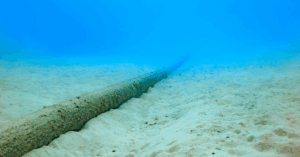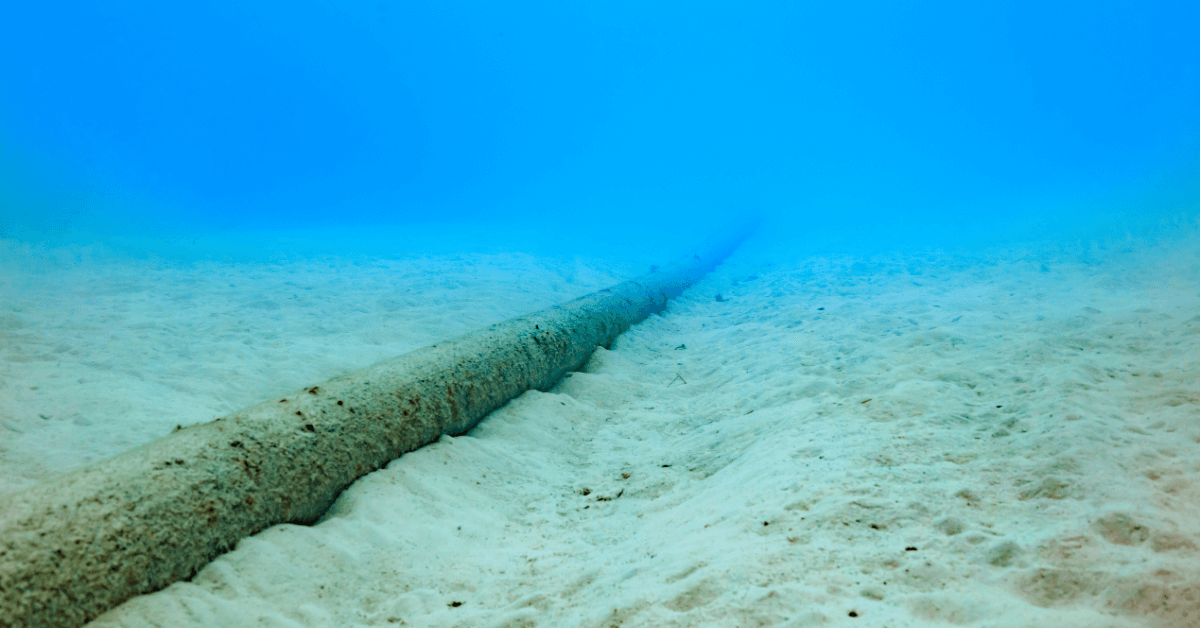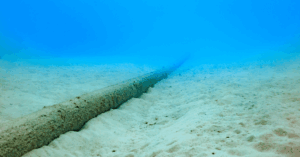
Yemeni Forces Seize Iran’s Largest Weapons Shipment Meant For Houthis
July 17, 2025
Over 2,280 Seafarers Abandoned On 222 Vessels Without Pay Or Food So Far In 2025
July 17, 2025

The United States is planning to introduce strict rules that would stop companies from using Chinese technology in undersea internet cables that connect to the country. The Federal Communications Commission (FCC) announced this move on Wednesday, highlighting growing concerns about national security.
According to the FCC, the new rules will aim to block connections involving any submarine cable that contains equipment or technology from Chinese firms. This includes both ownership and access by foreign entities, especially those considered adversaries by the U.S.
The FCC Chair said that in recent years, foreign countries like China have posed threats to the safety of undersea cable systems. To address this, the agency is taking steps to protect these cables from cyber risks, physical damage, and foreign control.
For a long time, the United States has raised concerns about China’s possible involvement in spying or accessing sensitive data through its role in handling internet traffic. These concerns focus on a global network of more than 400 undersea cables, which carry around 99% of all international internet traffic.
Since 2020, U.S. authorities have played an important role in stopping four planned undersea cable projects that would have linked the United States with Hong Kong. These projects were cancelled due to fears over data security and Chinese influence.
In 2023, the FCC said it was reviewing its rules related to undersea internet cables due to increasing security threats. As part of this, it began considering a ban on using any equipment or services from companies that appear on the FCC’s list of national security threats. This list includes major Chinese firms such as Huawei, ZTE, China Telecom, and China Mobile.
The FCC now plans to seek public comments on what other steps could be taken to protect undersea cables from being compromised by foreign adversaries. These steps may include new technical and policy measures to guard against unauthorised access or damage.
Concerns have been growing due to recent incidents involving cable damage in different parts of the world. In the Baltic Sea, two fiber-optic cables were cut, leading to investigations into possible sabotage.
In another case in 2023, Taiwan accused two Chinese ships of cutting the only two cables that provided internet access to the Matsu Islands. There were also reports that three undersea cables in the Red Sea were damaged during Houthi attacks, affecting internet service between Europe and Asia.
Reference: Reuters
Source: Maritime Shipping News


